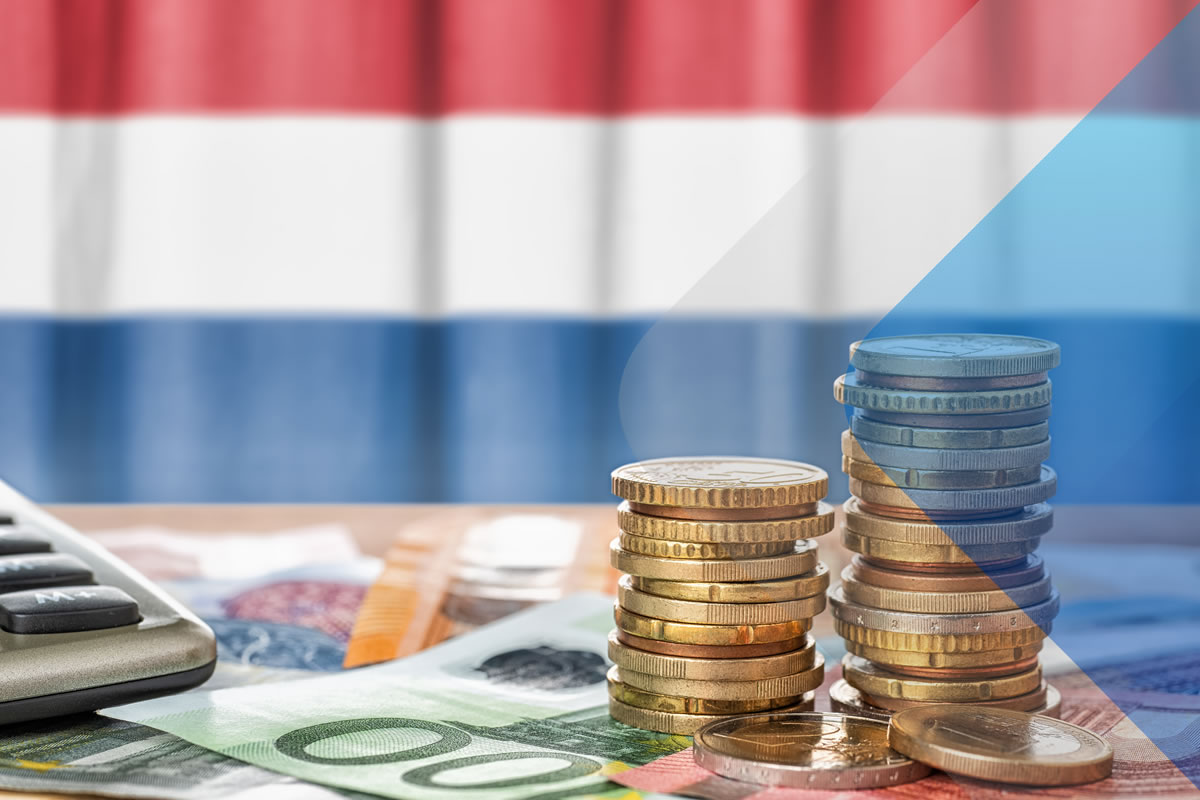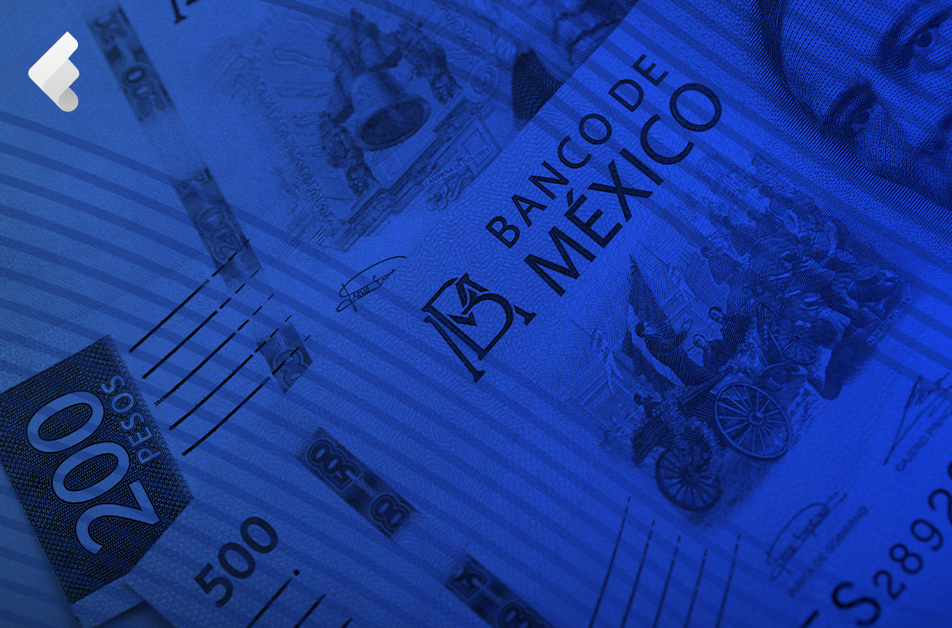Table of Contents
The Netherlands Tax Overview
Before you decide to relocate or expand your business to another nation, it is vital you have a firm grasp of that government’s tax laws. Unfortunately, accomplishing this is often easier said than done, as each nation’s tax laws are both unique and complex.
In the tax overview below, we will examine three essential categories of tax laws in The Netherlands: value-added taxes (VAT), corporate taxes, and personal taxes.
SERVIAP can help with your global expansion needs. Contact us today to learn how you can expand your business with PEO in The Netherlands.
The Netherlands Personal Taxes
Here’s everything you need to know about personal taxes in The Netherlands:
Who Is Taxed?
In the Netherlands, residents must pay taxes on their cumulative income, whether domestic or international business activities generated it. Conversely, non-residents only have to pay taxes on income derived from specific sources.
Specifically, non-residents are only subject to taxes on employment-related income, business income, and revenue generated from fixed-location Dutch properties (i.e., real estate).
What Is the Tax Rate?
In the Netherlands, worldwide income is grouped into three separate categories. Each income type is taxed under a unique schedule. These income types are referred to as “boxes.”
The first box of worldwide income refers to revenue generated from homeownership and work. The second box lists taxable income from substantial interest, and the third box includes taxable earnings from investment and savings accounts.
The Netherlands has some of the highest personal tax rates in the Western Hemisphere.
For individuals grossing less than 69,399 Euros annually, the box 1 tax rate is 37.07%. This rate rises to 49.50% for individuals earning more than 69,399 Euros. As in many other countries, individuals can itemize deductions to reduce their tax liability.
National vs. International Income
As noted above, residents of The Netherlands are taxed on worldwide income. However, non-residents are taxed on business income, employment-related income, and in-country fixed property investments. The tax rates are identical for both residents and non-residents.
Capital Gains, Exemptions, and Other Considerations
In The Netherlands, box 2 income includes substantial interest earnings, more commonly referred to as “capital gains.” These earnings are taxed at a flat rate of 26.9%. Box 3 income includes earnings from investments and savings. This revenue is taxed at a flat rate of 31%.
Common deductions that individuals may claim when filing their taxes in The Netherlands include:
- Costs of homeownership (repairs, upkeep, etc.)
- Premiums for annuities
- Alimony
- Limited medical expenses
- Tuition costs
These deductions may allow individuals to reduce their tax liability and avoid being grouped into the higher tax bracket.
The Netherlands Corporate Taxes
Here’s everything you need to know about corporate taxes in The Netherlands:
Who Is Taxed?
In The Netherlands, Dutch resident companies are subject to corporate income taxes (CIT) on their global income. However, certain income sources can be exempted in some cases. Non-resident corporations have a narrower tax liability that includes income generated from Dutch sources.
What Is the Tax Rate?
The standard CIT in The Netherlands is 25.8%. However, companies that fall into the lower rate bracket have a tax obligation of 15%.
In order to qualify for this bracket, companies must generate 395,000 Euros or less per year of taxable income. If an organization is above this threshold, the first 395,000 Euros of income will be taxed at the 15% rate, and all additional earnings will be subject to the higher tax rate.
What Is Taxable Income?
Resident businesses must pay taxes on all qualified income generated globally. Non-resident businesses only have to pay taxes on income generated from Dutch-based sources.
Tax Incentives and Deductions
Corporations operating within The Netherlands can list the depreciation of fixed assets in order to reduce their tax liability. They can also reduce their tax liability by deducting the depreciation of non-fixed assets, such as machinery and other business-essential equipment.
The Netherlands VAT Taxes
Value-added taxes, better known as VAT taxes, are a common form of consumption tax. The value-added portion is the difference between a company’s sales and its cost of purchasing services or goods from another business. Here’s what you need to know about VAT taxes in The Netherlands:
Who Is Taxed?
VAT taxes are levied for various products and services in The Netherlands.
What Is the Tax Rate?
The Netherlands bases its VAT rates on the UE’s Valued-added Taxes Directive. This directive requires all member states to have a standard VAT rate of 15% or higher. As a result, the standard VAT rate in The Netherlands is 21%.
There are also two special rates of 9% and 0%. These rates are only available to select entities or products.
The 0% rate is available to foreign entrepreneurs based in The Netherlands but conduct business in foreign nations. The 9% tariff applies to common goods and services, such as food products, books, medicines, magazines, and agricultural services.
Is The Netherlands Right for Your Business?
SERVIAP is a leading Professional Employer Organization (PEO) ready to help your business expand operations throughout the Western Hemisphere. PEO is a model of co-employment, where we assume total responsibility for your talent, allowing you to focus on the strategic activities of your organization.
Contact us today to learn more about how you can expand your business in The Netherlands.






























